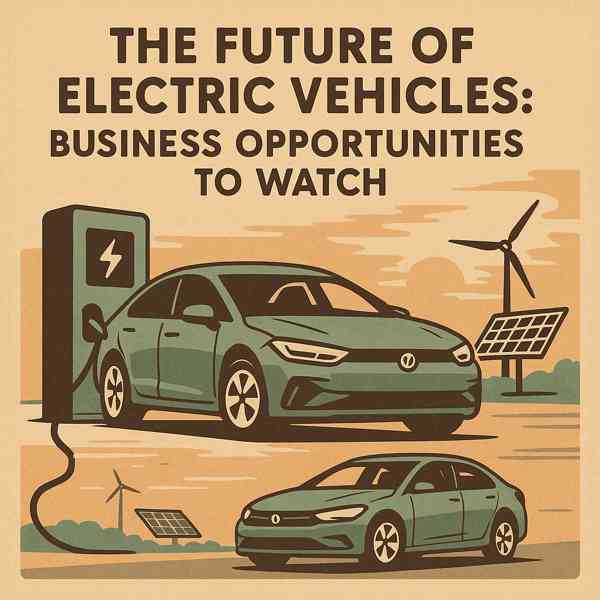
With zero emissions and cutting-edge technology, EVs are quickly becoming a top alternative for personal and commercial travel.
From compact cars and SUVs to trucks and motorcycles, EVs are available in more models than ever.
What Are Electric Vehicles?
Electric vehicles are powered entirely by rechargeable batteries, rather than traditional internal combustion engines.
What powers EVs:
- Replaces the internal combustion engine
- Usually lithium-ion or solid-state
- Controls efficiency and output
- Charging system
Electric vehicles come in various types, such as battery electric vehicles (BEVs)—each with different levels of electrification.
Benefits of Electric Vehicles
Whether you're looking to save money or reduce emissions, EVs offer a compelling option.
What makes EVs attractive:
- Electricity is cheaper than gas
- No tailpipe emissions
- Quiet and smooth ride
- Government incentives and tax credits
For eco-conscious and cost-aware drivers, electric vehicles are an increasingly smart choice.
Challenges of Electric Vehicles
Understanding the limitations of electric vehicles will help you make an informed decision.
EV challenges to consider:
- May require more frequent charging
- Not all areas have adequate public chargers
- Higher initial cost
- Replacement can be costly without warranty
As technology advances and infrastructure improves, many of these challenges are becoming less significant.
Different Kinds of EVs on the Market
EVs vary by power source, range, and usage.
Categories of electric vehicles:
- Battery Electric Vehicles (BEVs)
- Can switch between electric and fuel power
- Hybrid Electric Vehicles (HEVs)
- Emit only water vapor
Each type has its pros and cons, so buyers should understand the differences.
Understanding Charging Options
Charging an electric vehicle is simple once you understand your options.
How EVs get recharged:
- Standard household outlet
- 240V outlet at home or public stations
- Can charge 80% in under an hour
- Wireless or inductive charging (emerging tech)
As public charging networks expand, EV owners will enjoy even more accessibility and peace of mind.
The Future of Electric Vehicles
As governments push for cleaner energy and manufacturers invest in innovation, the future of EVs looks revolutionary.
Trends shaping the future include:
- Solid-state battery technology
- Using EVs to support the power grid
- Combining EV tech with self-driving systems
- More choices at lower prices
As here innovation continues, EVs will become more dominant in the automotive world.
The Road Ahead for EVs
Electric vehicles represent a major shift in how we think about transportation.
From environmental benefits to cutting-edge tech, electric vehicles offer a powerful alternative to traditional cars.
Comments on “Electric Vehicles: A Complete Guide”